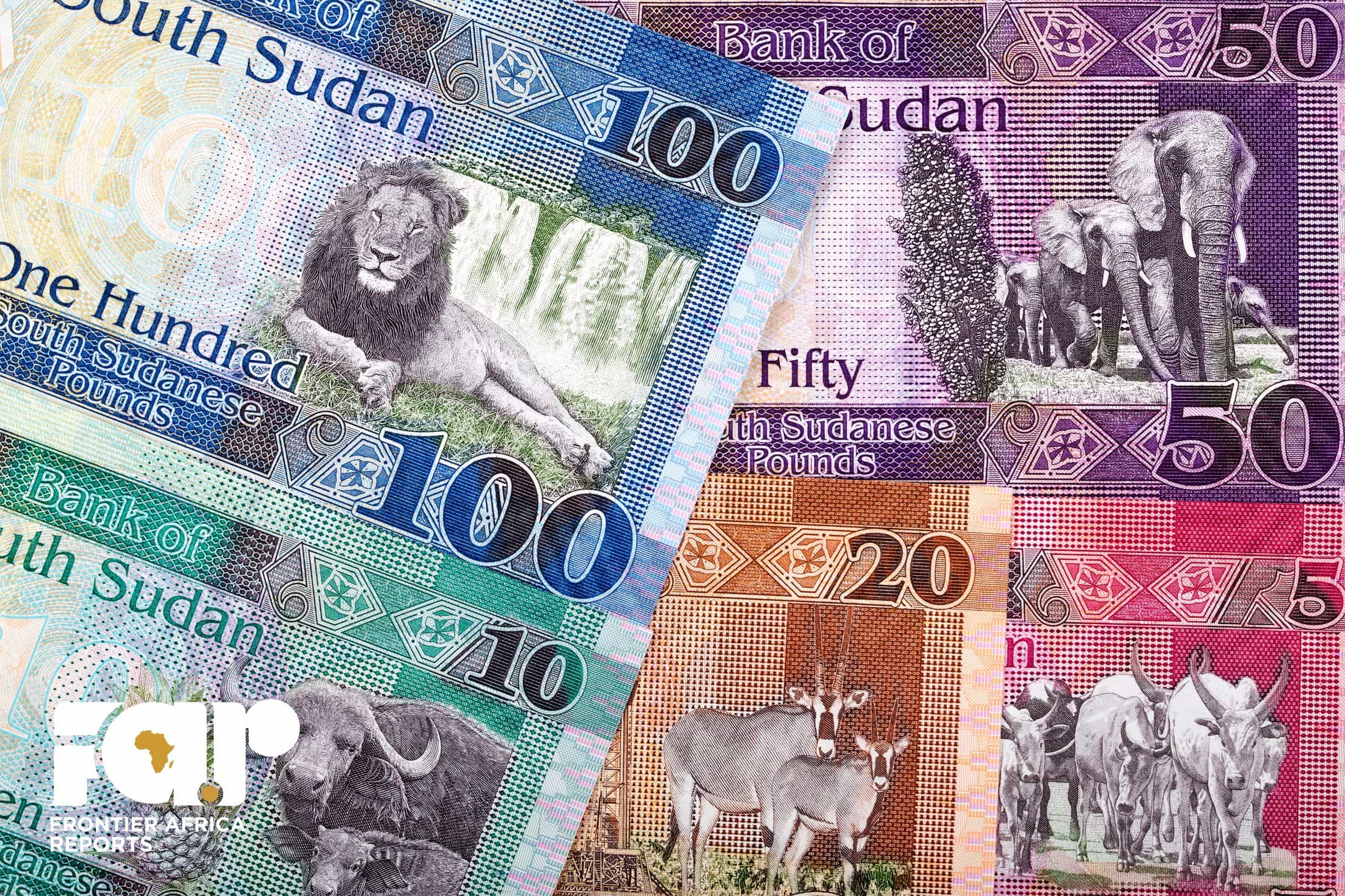South Sudan plans to have a new currency by replacing the South Sudanese Pound (SSP) which the country adopted nine years upon gaining independence from northern Sudan

The Juba administration reckons that demonetization process will discourage hoarding, improve the economic situation and end a crippling financial crisis.
While South Sudan is separated from Khartoum, it has since independence been in a civil war with itself as well as with the northern neighbours, leading to collapse of its economy.
In July, its central bank said South Sudan had run out of foreign exchange reserves and could not stop the SSP’s depreciation.
The SSP has depreciated rapidly, to exchange at 510 SSP against the US dollar on the underground forex mart, while the official exchange rate is 167 SSP against the greenback.
South Sudan is also suffering effects of the global coronavirus pandemic, which has eroded its oil revenues as price falls in world markets force it to cut production- to about 165,000 barrels per day.
The Juba administration is yet to provide details on the official date for the demonetization.
South Sudan introduced the pound after breaking away from the north under a 2005 peace deal, pegging it one-to-one with Sudan’s existing pound. North Sudan also started launching its own new money.
While South Sudan controls its 500,000 barrels per day oil industry, the country still relies on the northern facilities to sell this crude.

